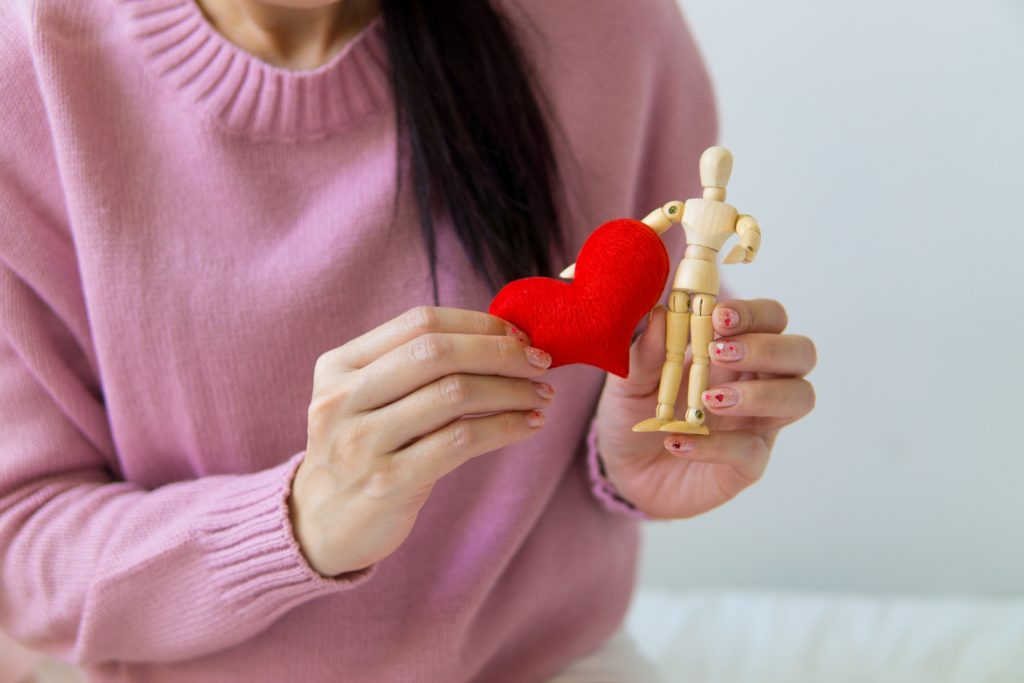Loneliness, Getting Older and Potential Risks to Health

The Archives of Internal Medicine published two studies in mid-June of 2012 that point to loneliness as a potential risk to health. One of the studies looked at people aged 45 and up who had a high risk of heart disease or who had already been diagnosed with heart disease. Those in the study living with someone fared better than those who lived alone, experiencing fewer deaths from heart attack, strokes or other heart complications. Risks of living alone were highest among the middle-aged (45-65) rather than those ages 66-80. For middle-aged people especially, living alone may accompany other issues or challenges—such as depression or relationship issues. And, for those of us who live alone, there may be less likely that someone will notice if we are unwell or need help.
It is also important to stress that not all people who live alone are lonely and that living with others is no guarantee that a person will not experience loneliness. Individuals aged 60 and older were the subjects of the second study. 45% of those studied who reported “feeling lonely, isolated or left out” were more likely to die during the 6-year study than the rest of the cohort. This result held true, even when researchers factored out whether participants lived alone or were depressed.
As we age, we also may be at increased risk of substance abuse problems and dependence. According to Clinical Applications of the Principles in Treatment of Addictions and Substance Abuse, 2/3 of elderly diagnosed as alcoholic developed alcoholism earlier in life, but 1/3 developed the issue later in life. By 2020, according to the Butler Center for Research/Hazleden, the number of older adults with substance use (including prescription drug misuse or abuse) is expected to double (currently about 17% of the country’s 60 and older population.)
Living alone and/or being isolated from others can delay anyone noticing that a person may have a substance use problem and/or need counseling or treatment. Self-medication with substances can also be a response to loneliness. In many cases, an older person’s problem drinking or prescription drug use, or alcohol or drug dependence, may be overlooked by their care providers, families, friends, faith communities and other support systems.
SAMHSA offers this list of potential signs of alcohol or prescription misuse among the elderly:
- Memory trouble after having a drink or taking a medication
- Loss of coordination ( walking unsteadily, frequent falls)
- Changes in sleeping habits
- Unexplained bruises
- Being unsure of yourself
- Irritability, sadness, depression
- Unexplained chronic pain
- Changes in eating habits
- Wanting to stay alone much of the time
- Failing to bathe or keep clean
- Having trouble concentrating
- Difficulty staying in touch with family or friends
- Lack of interest in usual activities
For more information on this topic, you might consider reading Substance Abuse among the Elderly: a Growing Problem.
To learn more about Pyramid Healthcare’s behavioral health services for the Southern Maryland community, please contact us at (301) 997-1300.



